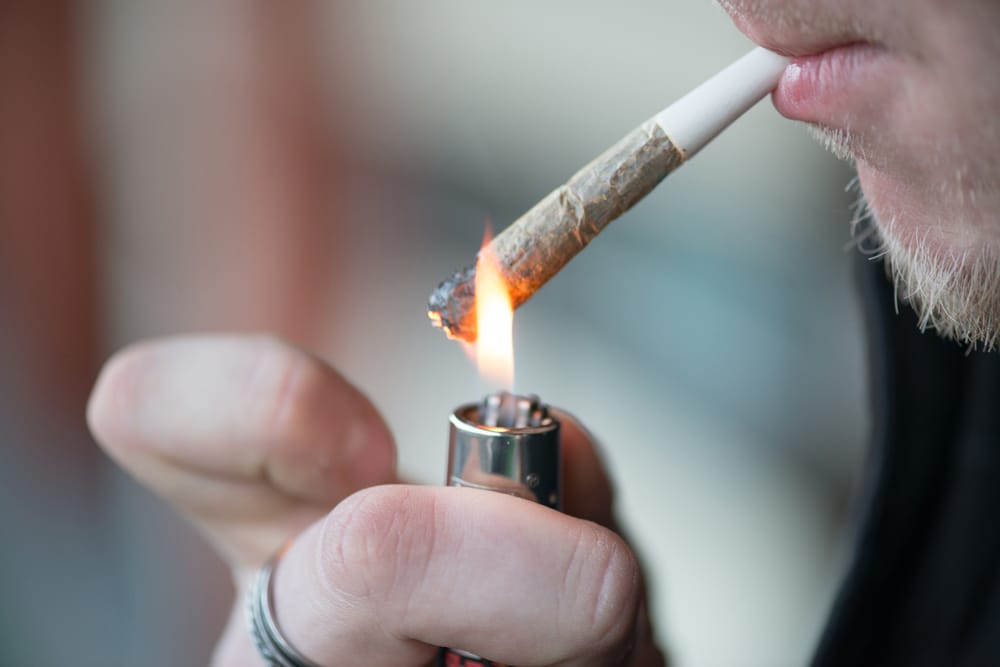Addiction Treatment
Marijuana Withdrawal Symptoms – How To Withdrawal From Marijuana Abuse

Written By:

Table of Contents
Medical and recreational marijuana use has gained increasing acceptance in the United States over the past ten years. In spite of that acceptance, individuals who use marijuana and its primary active component, THC, can find themselves at a point of abusing these substances, in which case they will need to break their patterns of abuse. And, when they try to stop using the substance, they experience marijuana withdrawal symptoms.Notwithstanding the uncertain and mixed acceptance of marijuana withdrawal syndrome in the medical and addiction counseling community, individuals who use marijuana excessively have reported symptoms that are typical of withdrawal from a dependency-inducing drug when they stop using marijuana, including anxiety, irritability, headaches, and changes in appetite.These marijuana withdrawal symptoms can be managed with mechanisms that are common to addiction counseling and recovery therapy.
Withdrawal from Marijuana Abuse
The worst withdrawal symptoms from marijuana abuse will occur within the first two weeks after marijuana use has ended. Individuals will rarely be in danger during this period, but they will possibly suffer from headaches, chills or fever, and appetite changes at this time. Counselors will generally recommend simple relaxation techniques, such as yoga or other exercise, and avoiding caffeine and other stimulants, to help an individual through this period. Irritability and nervousness will typically peak during this time as well.These marijuana withdrawal symptoms will be easier to handle if an individual gradually reduces his marijuana use rather than abruptly stopping it. The active ingredients in marijuana stay in a person’s system for up to four days after a person uses marijuana, which is a longer period of time than many other substances. The duration of the gradual reduction of marijuana use will be a function of how much marijuana a person is regularly using when he begins his withdrawal. A regular marijuana user will have a relatively larger residual concentration of active ingredients in his system, and the drawdown period for that person will be longer. This period can last anywhere from a few weeks to several months.
Treating the Side Effects of Marijuana Withdrawal
Individuals who suffer from depression, anxiety, or other psychological disorders will want to pursue counseling and therapy to treat those disorders while they are going through withdrawal from marijuana. Symptoms of those disorders are likely to get worse during withdrawal and those individuals are more likely to experience a relapse as a result. If a physician has prescribed antidepressants or other medication to treat those disorders, an individual who is in marijuana withdrawal should adhere to the physician’s recommendation to avoid a relapse risk.Severe marijuana dependency might require an individual to receive treatment at an inpatient rehab center. Inpatient therapy will be the best option for individuals who have already tried to stop abusing marijuana but who have suffered multiple relapses. Addiction counselors and physicians will be better able to determine if inpatient therapy is appropriate for any specific situation.
Detox for Marijuana Withdrawal Symptoms
Do you know someone who needs help with withdrawal from marijuana? The effects of marijuana withdrawal can be difficult for many people, so we offer a comprehensive mens medical detox and marijuana addiction treatment in our mens rehab programs and substance abuse treatment for men.
Please call the Last Resort Recovery Center near Austin, Texas, at 512-750-6750 for more information on withdrawing from marijuana abuse. We are sensitive to current attitudes toward marijuana usage, but we are also aware of problems that excessive marijuana usage can cause. We can help you to determine if your marijuana usage is at an unhealthy or abusive level.
